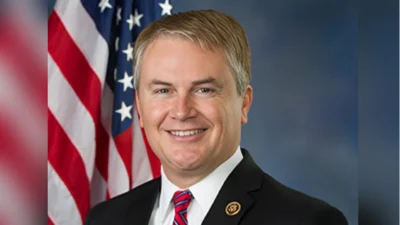Washington, D.C. -Today, Rep. Elijah E. Cummings, Ranking Member of the House Committee on Oversight and Government Reform, introduced H.R. 860, the FAFSA Fairness Act of 2015, to simplify the process for students to apply for and receive federal student financial aid when they do not have contact with their parents.
“All qualified students should be able to attend college regardless of their financial or life circumstances," said Cummings. “Students who have escaped abusive homes, have been abandoned, have parents who are incarcerated, or who have other special circumstances that limit contact with their parents should have the same opportunities as their classmates who have not faced these obstacles. Instead, these students frequently abandon their goal of attending college because of the often long and complicated process of applying for student aid. This bill will help prevent our financial aid process from continuing to be an unintended barrier to higher education."
Original cosponsors of the legislation include: Representatives Charles B. Rangel, Tony Cárdenas, Gregory W. Meeks, Keith Ellison, Jared Polis, Steve Cohen, and Frederica S. Wilson.
The Act’s key provision would allow students who do not have contact with their parents, or who meet other criteria established by educational institutions, to complete the Free Application for Federal Student Aid (FAFSA) as “provisionally independent" students. Currently, these students must undergo a “dependency override" at each institution they apply to before they are able to be considered for financial aid. This process can be a barrier to college access for students with these difficult personal and financial circumstances.
Under the legislation, these students would be able to submit data to the institutions they are applying to, and those institutions would calculate provisional financial aid packages before the dependency override process.
The Act would not increase the workload of college financial aid administrators or alter their discretion, but it would ease the financial aid application process for students and provide an incentive to complete the entire process and enroll in higher education.
Endorsements for the FAFSA Fairness Act:
National Association for College Admission Counseling
American Association of Community Colleges
Council for Opportunity in Education
Young Invincibles
American Association of State Colleges and Universities









